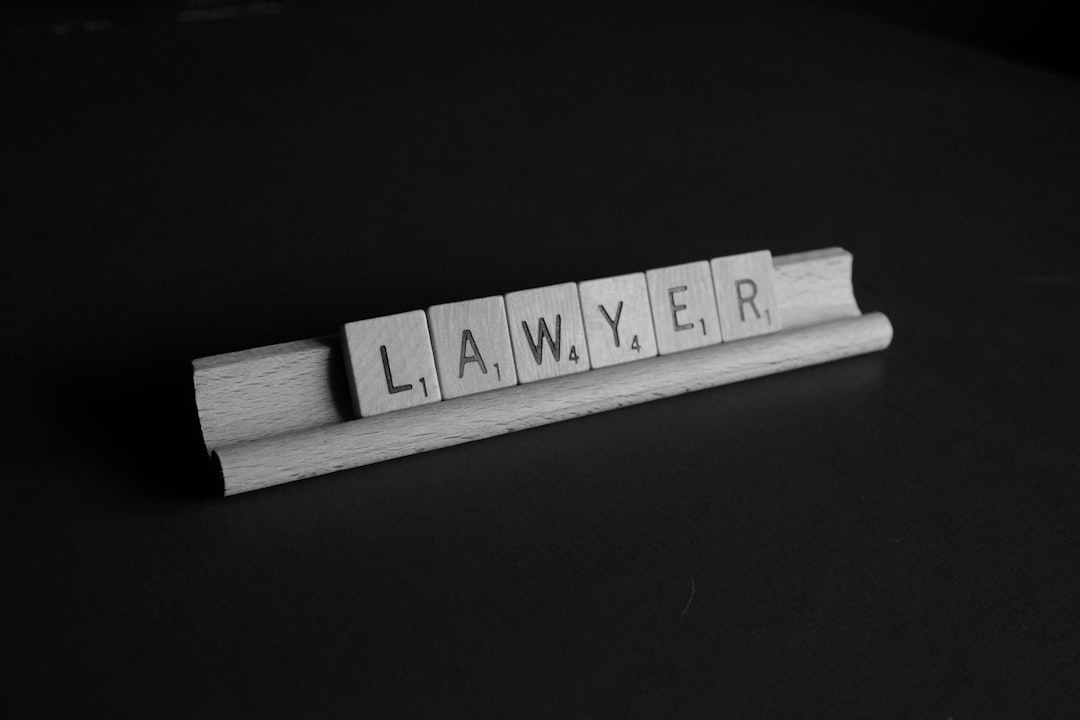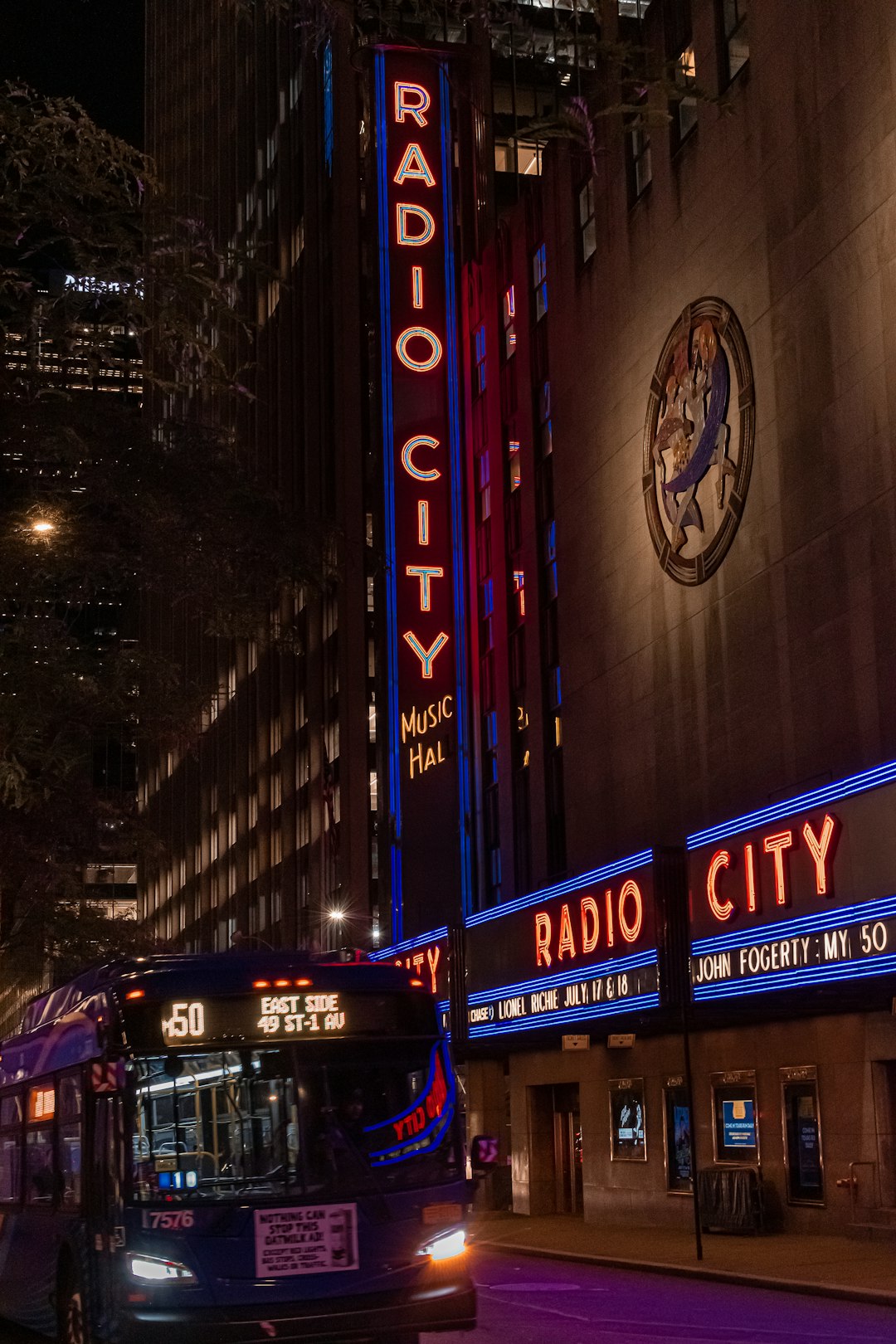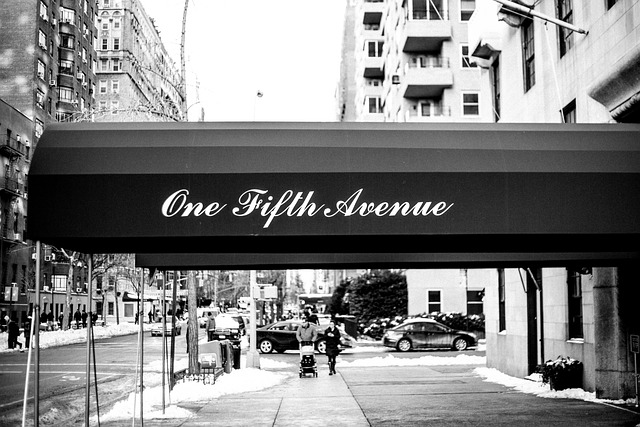In New York (NY), stringent policies govern the revocation of professional licenses for individuals involved in child abuse cases, prioritizing child protection. The process includes thorough investigations and robust legal proceedings monitored by the Department of Health. These strict guidelines ensure healthcare providers, educators, and social workers maintain ethical conduct, deterring potential abusers and fostering a culture of vigilance among communities. This comprehensive approach contributes to creating a safer environment for children across NY State.
In New York (NY), professional license revocation plays a critical role in safeguarding children from abuse. This article delves into the state’s policies regarding the revocation of licenses for professionals who fail to protect or exhibit abusive behavior towards minors. We explore the process, from policy understanding and implementation to real-world case studies, highlighting the impact on child safety across NY. By examining these measures, we aim to emphasize the importance of strict license revocation procedures in preventing future abuse.
Understanding NY State Policies on Professional License Revocation in Child Abuse Cases

In New York State (NY), the revocation of professional licenses in cases involving child abuse is governed by stringent policies aimed at safeguarding vulnerable individuals. The state has established clear guidelines to ensure that licensed professionals, including healthcare providers, educators, and social workers, maintain the highest standards of ethical conduct and protection for children. Any instances of child maltreatment or neglect committed by these professionals can lead to severe consequences, including the potential revocation of their licenses.
NY’s policies emphasize a comprehensive approach to dealing with such cases. This involves thorough investigations, robust legal proceedings, and a commitment to holding individuals accountable. The state’s Department of Health and other relevant authorities play pivotal roles in monitoring compliance, conducting inspections, and imposing penalties. These measures reflect NY’s dedication to creating a safe environment for children and holding professionals responsible for their actions.
The Process of Revoking Licenses for Professionals Involved in Child Abuse

In New York State, the revocation of professional licenses for individuals involved in child abuse cases is a stringent process designed to protect vulnerable children. It begins with an investigation by the relevant licensing agency or law enforcement when there’s a suspected case of child maltreatment. Once confirmed, formal charges are filed against the professional, who then faces a thorough review of their conduct and practice history.
The state’s policies prioritize the safety and well-being of children, ensuring that those in positions of trust and care adhere to ethical standards. Revocation can result from various offenses, including failure to report suspected abuse, inadequate response to reports, or continued practice despite knowledge of abuse. This strict approach by NY State underscores its commitment to holding professionals accountable and fostering a culture where child protection is paramount.
Case Studies and Implications: Impact of License Revocation on Child Safety in NY

In New York (NY), case studies have shown that the revocation of professional licenses in child abuse cases significantly contributes to enhancing child safety. When healthcare providers, educators, and other professionals are held accountable through license revocation for failing to protect children, it sends a strong message within their communities. This action not only discourages future negligence but also fosters a culture of vigilance where others are encouraged to report suspected abuse promptly. The impact is twofold: it deters potential abusers and ensures that those who pose risks no longer have access to vulnerable populations.
These implications extend beyond individual cases, creating a safer environment for children across NY State. By revoking licenses, regulatory bodies send a clear signal that child protection is non-negotiable. This strategy, when coupled with robust reporting mechanisms and thorough investigations, can lead to a substantial reduction in child abuse instances. As such, license revocation serves as a crucial tool in the ongoing fight to safeguard New York’s youngest residents.






